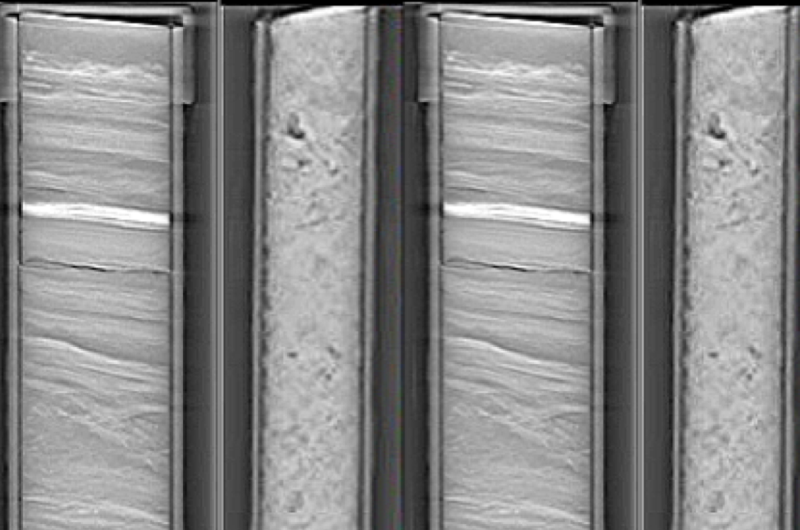Description
Core analysis provides direct engineering measurements of reservoir rock. Knowledge of these measurements and their limitations are essential for successful applications and incorporation in reservoir evaluation and simulation.
Along with a review of the basic elements for core acquisition, preservation and sampling, participants will learn the fundamentals and advanced techniques for conventional and special core analyses. Presented are the guidelines for designing and evaluating the most applicable special core analysis program for a particular reservoir or reservoir management stage in field development. Included are supporting examples of core analysis for drilling and completions and production engineering along with examples for unconventional reservoirs and carbon capture and storage (CCS) field development.
The course progresses from the measurement fundamentals to the essential evaluation and assessment of the laboratory results and onto the practical examples for reservoir reserves and simulation studies. It concludes with an introduction to digital rock models and applications of artificial intelligence (AI) to core analysis and formation evaluation.
COMPUTER REQUIREMENTS: MS Office (Excel, Word and Powerpoint)
Participants are welcome to bring their own laptops to class.
Course Level: Skill
Duration: 5 days
Instructor: Jim Funk
